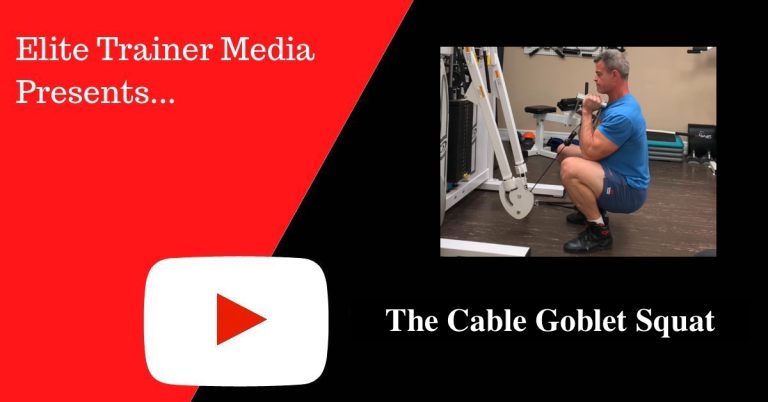One simple diagnostic that you often hear for males to gauge their testosterone status involves the morning erection. Basically, if you’re not waking up under a tent first thing in the morning, your level of testosterone may not be adequate.
Of course, it’s not an entirely accurate measure. Your sleep cycle can affect it. You see, testosterone spikes during REM sleep and you spend a greater amount of time in REM stage during the latter part of sleep, which is an indication that it’s time to wake up… but you may not always experience this effect upon arising, pun intended!
A better marker of depressed testosterone would be a loss of libido and erectile dysfunction, which are two classic signs and symptoms of overtraining (see page 102 of The Elite Trainer). According to fellow strength and conditioning coach Mike Mahler, a great way to determine whether your workouts are too long and too demanding is this: Are you able to perform sexually right after a workout?
If the answer is yes, then continue doing what you are doing. Your current training is not depleting you hormonally and you should be able to make good gains.
If the answer is no, scale back your training. Cut the sets in half, leave a little in reserve, and don’t crawl out of the gym after every workout. To quote eight-time Mr. Olympia Lee Haney: “Exercise to stimulate, not to annihilate. The world wasn’t formed in a day, and neither were we. Set small goals and build upon them.”

Fill in Your Upper Chest with This Novel Exercise
Achieving a well-balanced and aesthetically pleasing chest can be a challenge, especially when it comes to targeting the often elusive

Elevate Your Core Training: Advanced Hanging Leg Raise Techniques
Hanging leg raises stand as a cornerstone in core training, particularly beneficial for athletes, as they target the lower abdominal

The Cable Goblet Squat: A Great Workout Finisher
Love 20-rep squats to cap off a workout? Goblet squats are fantastic, but handling a heavy dumbbell or kettlebell can
follow
Error: No feed with the ID 2 found.
Please go to the Instagram Feed settings page to create a feed.
